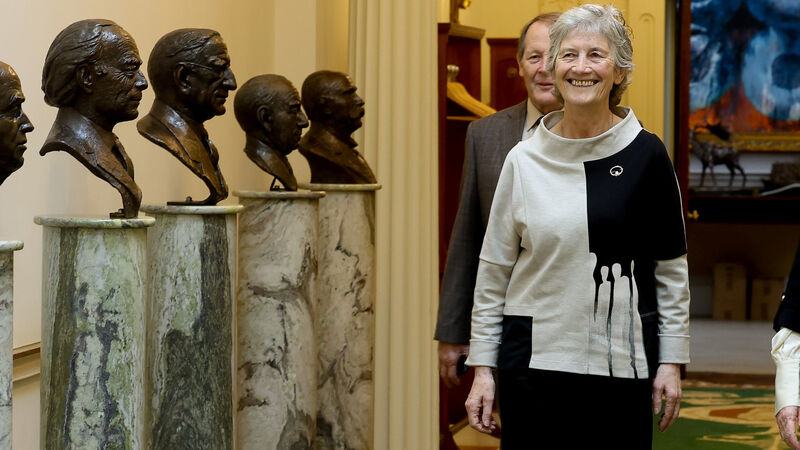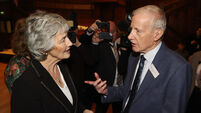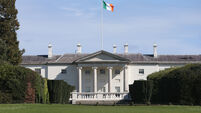Presidential election faced online threats amid sustained attacks on democracy worldwide

President-elect Catherine Connolly arriving for a courtesy call to President Michael D Higgins in Áras an Uachtaráin last Wednesday. Voters could have been gulled by fake videos purporting to come from Ms Connolly circulating online before polling day. Picture: Tony Maxwell/Maxwell’s
















